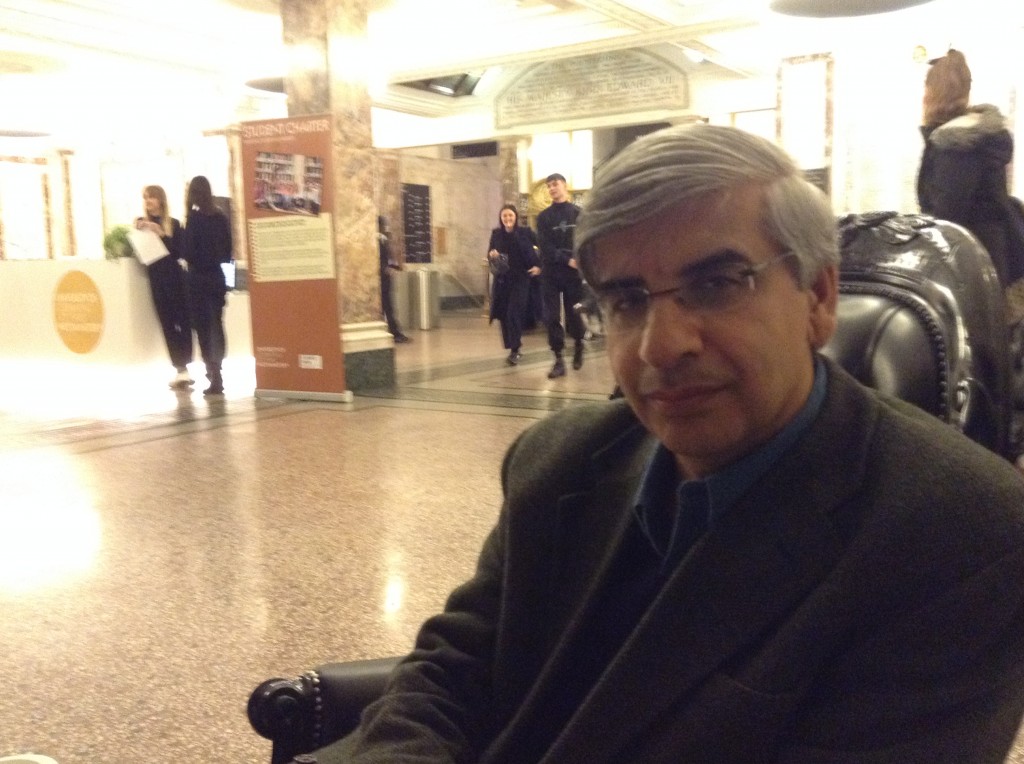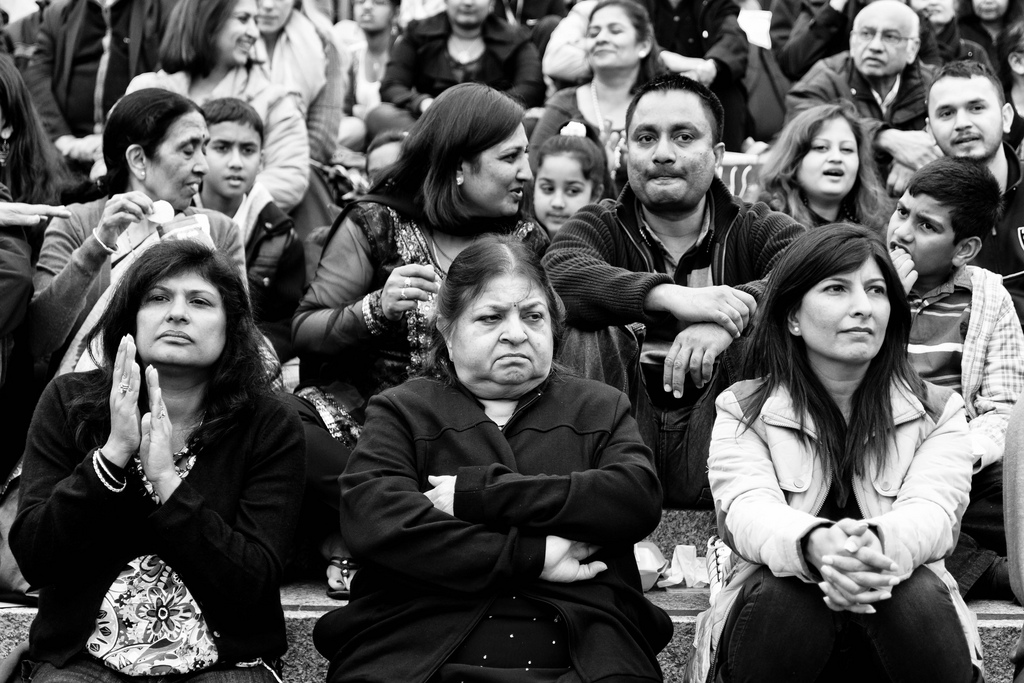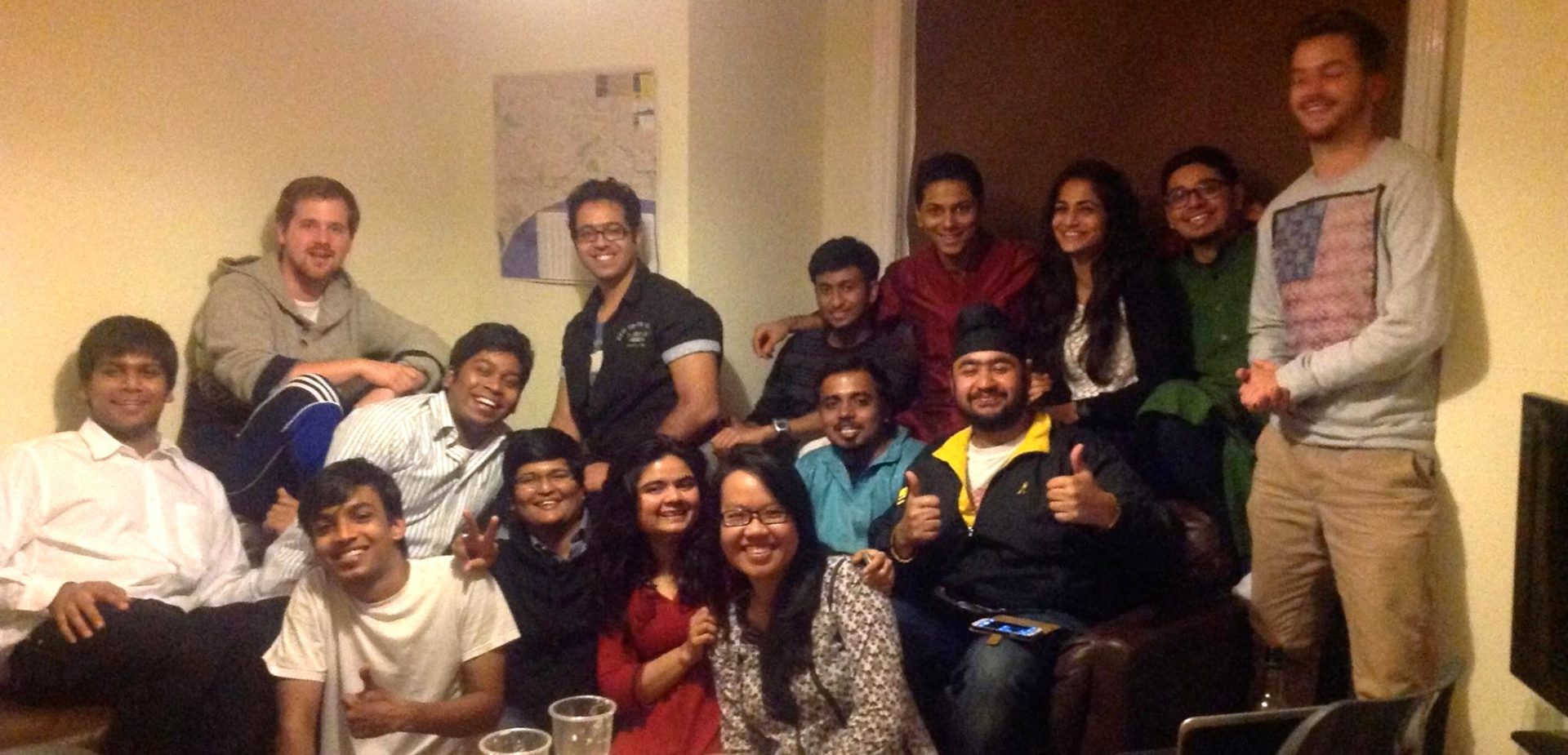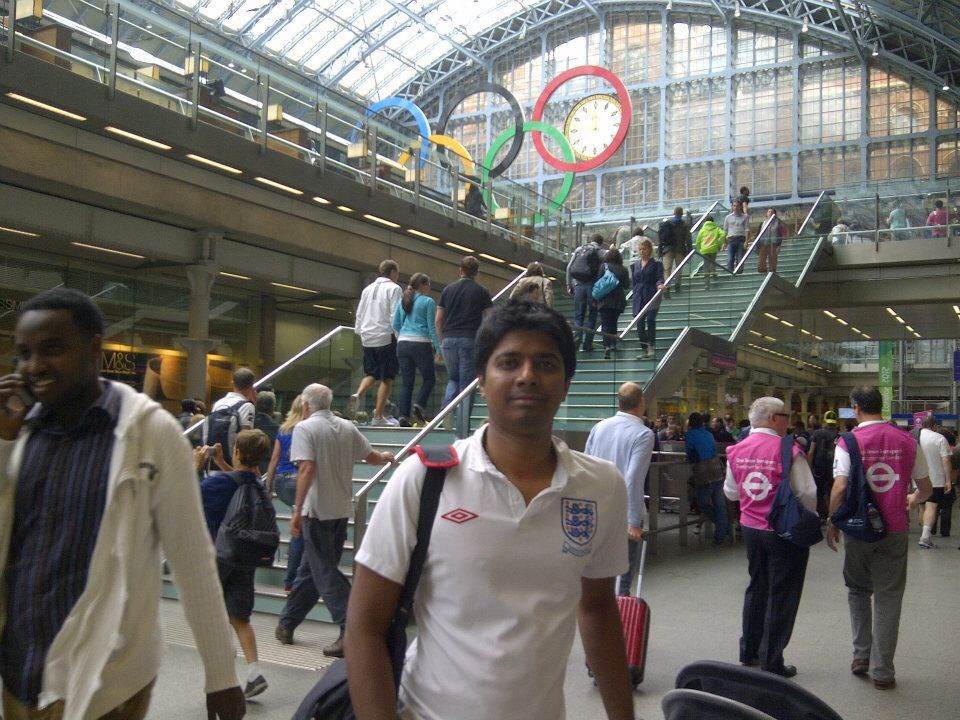Opinion polls predict that Narendra Modi is likely to win the election. What do you make of that?
Well, there seems to be a consensus across the board that it is going to be a different government. The incumbent government is leaving office; there is no doubt about that. Now, what will replace it is still open to discussion. The general impression one gets from the media and from opinion polls done by the top news networks in India indicates that there will be a National Democratic Alliance-led government, within which BJP will be the largest component. BJP has already nominated Mr Narendra Modi as its prime ministerial candidate. But you never know what next month will bring.
What would you say is the reason for Modi’s potential success?
There are several reasons. Firstly, he has a very strong political place within the RSS, the Rashtriya Swayamsevak Sangh, which is a cultural organisation with strong Hindu nationalist roots. Modi has very strong links within the RSS. It has members and networks across the country and they are doing a lot of groundwork for him. Secondly, as a politician, he has a particular reputation of being efficient, personally honest and decisive. These are the qualities which most of India is after, particularly following the current prime minister, who I personally see as honest, but who doesn’t have this decisiveness, and has had questions asked about his style of governance. The third thing is that Modi is an exceptional communicator. He is incredibly good at public rallies, he speaks the language of the masses, and he is a great orator in the Hindi language.
You have said Modi is a good communicator – I understand his supporters have been making extensive use of new media. How do you feel that is affecting things?
It is affecting the way the political debate is shaped, the issues in the elections. Many of these are promoted through new media – social media is important, but the most important is television. Some key television news networks, namely CNN-IBN, a very prestigious news network, which is now effectively controlled by a major conglomerate, has a cosy relationship with Mr Modi. So you see a not-so-subtle effort made to promote Modi, for example his hour-long speech at a public rally is streamed live on websites. Social media is also important, especially Facebook and Twitter, because it is the first election in which 100 million new, younger voters can cast their vote. This is a digital generation, a largely urban audience, and BJP has been very good in terms of using social media to promote Modi to this audience. He tweets, he has a Facebook page, and he realises that this is an area that he needs to engage in to attract young voters.
Would you say that this strategy is entirely new or is it just a repackaging of old strategies with new technology?
There are some new campaigning tools introduced this election. One of course is the greater use of social media – five years ago social media wasn’t as big. The other is the so-called “chai pe charcha,” discussion over a cup of tea. Modi comes from a humble background, his father used to sell tea on railway platforms in Gujarat. One Congress leader once made a flippant comment on television, saying that Narendra Modi could never become prime minister, but if he wanted to serve tea to the party’s delegates, that would be OK. So Modi has been using the concept of tea, for example streaming conversations live to tea stores across the country, reaching a wide audience. It’s very clever political marketing, to the extent that the Election Commission clamped down on this, saying it was a violation of electoral law.
Let’s talk a bit about Modi’s vision for India following the election. What sort of image do you feel the BJP is trying to promote?
BJP is trying to promote Modi as someone who would deliver good government. The emphasis is on governance, on raising the population out of poverty, to improve economic activity, the image of India as a superpower. Given his experience in Gujarat, there is little doubt that he has a good reputation as an administrator, though this is confined to a single state. They are trying to project this ‘Gujarat model’ as a model for the rest of the country. There is another argument, which is about India’s Hindu identity. Over 80 per cent of India is Hindu, and BJP is known as a Hindu nationalist party. While the party emphasises government and economic development, there is an underlying debate about its Hindu identity. One indication of this is that Modi is running in Gujarat, but also contesting Varanasi, considered the seat of Hindu civilisation – so this is a cultural and political statement, showing him to be a pan-Indian figure. This is electorally very important, showing him as a national leader, not a regional one.
As Hindu identity is a big part of this campaign, how does this affect voters of minority religions, in particular Muslims?
In a country the size of India, you cannot exclude these minorities, you cannot govern without them. So Modi has been careful to put the focus on growth and development. I believe that, should he be elected, he would also have to take the largest minority in India into account, Muslims. If he were to be elected, he would be part of a coalition government, and within that he would have to take this minority into account. Muslims cannot relate to the idea of Hindu nationalism. Although it is presented as a pan-Indian idea, it appears to them to be exclusive.
What concerns do you have about Modi’s vision?
One thing that worries me is that Modi has a particular version of nationalism that he promotes, a rabid Hinduised version. For example, he makes statements about China that I find alarming. I am worried about his foreign policy – I imagine he would be friends with the US, but what would be his attitude towards Moscow, towards Islamabad, towards Beijing. To me, the big problem is China – India’s biggest trade partner. But I have faith in India – countries aren’t run by politicians. There is never that fundamental a shift in policy.
Modi has hailed the Indian diaspora, and sees it as having a big role in a resurgent India. How do you feel this will affect the election?
The diaspora is huge, 25 million people. There are all kinds of diasporas; for example, the Indian diaspora in the Gulf countries is mostly working class, mostly Muslim – they are not Modi fans. But then you have the diaspora in the US, which is very pro-business, which wants the idea of India as a superpower to be realised. They see Modi as driven, with the reputation of being a ‘doer’. Large sections of this diaspora are supporting Modi’s campaign, by campaigning, media support, and supporting what Modi stands for.
What implications do you feel this use of the diaspora has for relations with the US?
I think it is really important. Increasingly in the US, the Indian diaspora is influential. One of the very important things is that Modi’s party has a very clear pro-business agenda. That pro-market agenda fits very well with the American elite, businesses and corporations. The Indian diaspora is a part of that discourse. In that sense, they are putting Modi forward to the US as someone to do business with.
The diaspora is not able to vote in these elections. What do you make of this?
I can’t vote! It is absurd! They can’t effect the electoral vote directly, but through media involvement and intellectual discourse, they can shape the argument. For example, there is a famous economist at Columbia, Jagdish Bhagwati, who is openly in support of the ‘Modi model’ – that is the kind of support that the diaspora is giving. They are making the environment that Modi is dominating.
Photo: Alex Littleboy
This interview, which has been lightly edited for clarity, has also appeared on Rediff.com, our media partner.



